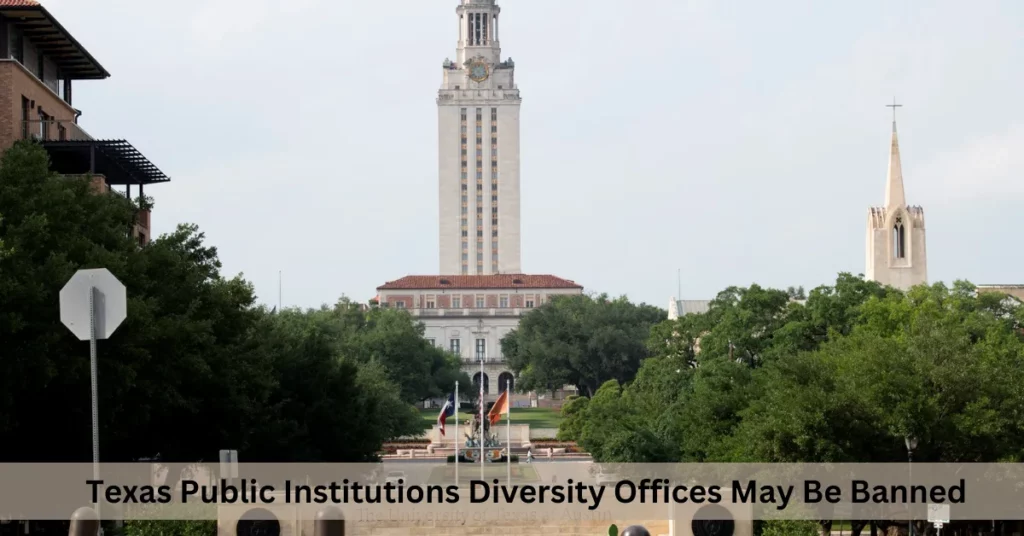Friday, Texas moved closer to abolishing diversity, equality, and inclusion offices in public institutions after hours of discussion and Democratic attempts to kill the bill. Lt. Gov. Dan Patrick’s legislative priority to ban such offices, initiatives, and diversity training was approved by the Texas House 83–60.
To stop a flood of amendments from Democrats opposing Senate Bill 17, lawmakers approved an amendment offered by the bill’s sponsor, Seguin Republican John Kuempel, that requires the Texas Higher Education Coordinating Board to conduct an annual study into the impact of banning DEI offices, allows universities to make “reasonable efforts” to re-assign DEI employees to new positions with similar pay, and shifts the bill’s effective date.
The state coordinating board manages higher education policy at public institutions and universities. This change addressed Democrats’ fears that dismantling diversity offices and programs would put institutions at danger of losing federal money, one of the many reasons they filed amendments Friday night to postpone the bill’s approval. Rep. Nicole Collier, D-Fort Worth, said the delay will allow colleges to ensure current funds meet DEI rules.
The Senate might accept the modifications or convene in a conference committee to resolve the issues after the measure passes. Texas would join Florida in banning it if the bill passes. For years, colleges and universities have had DEI offices to increase faculty diversity and support diverse students.
These offices organize mentorships, tutoring, programs to enhance underrepresented groups in science and engineering, and faculty diversity initiatives. They assist departments recruit broadly and guarantee institutions don’t breach federal discrimination rules.
House Democrats said the bill reverses progress and jeopardizes public university spending. Supporters argue that removing or weakening such offices will make schools less welcoming places to work and study, reverse efforts to correct past discrimination against students who were not always welcome on campus, and stall progress to make public universities’ student populations better reflect state demographics.
“This legislation is telling us that Texans fear diversity,” said Rep. Victoria Neave Criado, D-Dallas. “This legislation shows us that folks are so afraid of inclusive practices at public universities that they’re willing to go as far as defunding our public universities.”
Kuempel stated that these offices are not promoting diversity.
“There is virtually no evidence that DEI programs have closed the gap in terms of minority student outcomes, minority recruitment and faculty hiring,” Kuempel told members when he laid out his version of the Senate bill on the House floor Friday.
DEI programs are also accused of instilling left-wing ideology in students and teachers and prioritizing social justice over merit and accomplishment.
You can learn more by clicking the link that is provided below if you are interested in doing so:
- Texas High School Animals Overrun Raccoon Falls Through Classroom Ceiling
- Texas County Considers Closing Library After Federal Judge Orders Banned Books Back To Circulation
Texas kids disagree.
“I think they are upset with the fact that people who have historically been marginalized are getting opportunities that people who have been from majority groups have been getting forever,” said Sameeha Rizvi, a student at the University of Texas at Austin who has been organizing against the legislation. “So it just feels like a political attack on a very real entity that is meant to help all students.”

